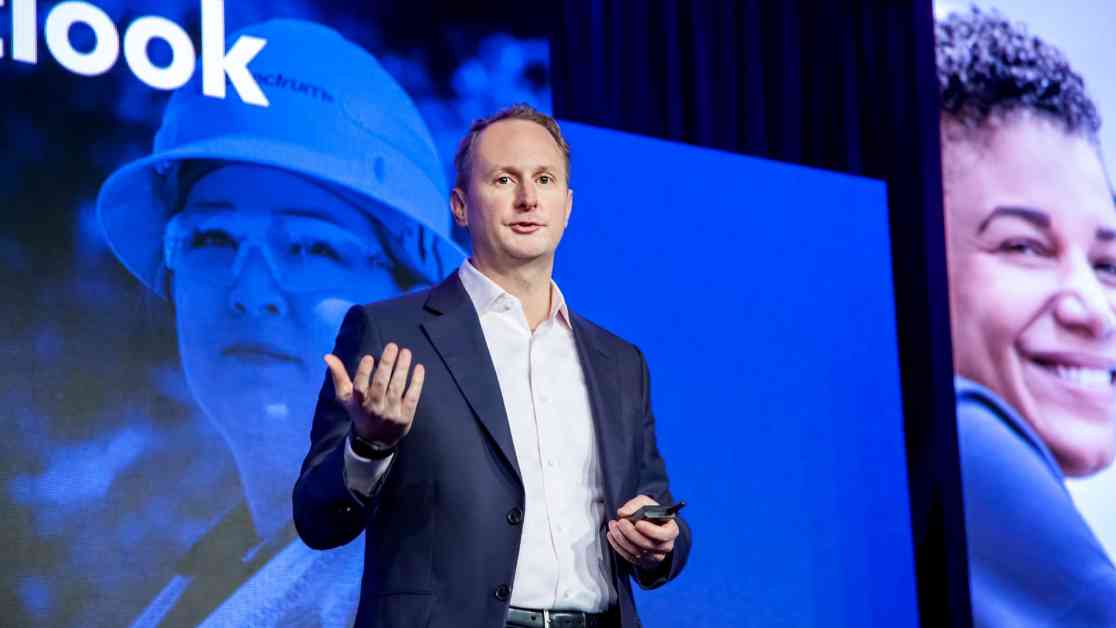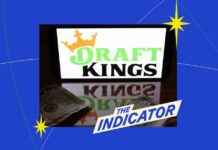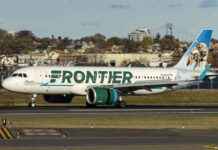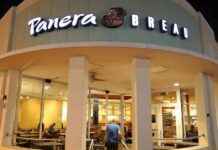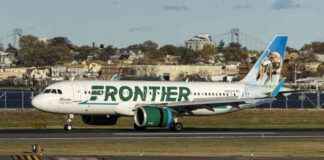Two of the biggest cable companies in the U.S., Charter Communications and Cox Communications, have decided to join forces in a massive merger. This deal is set to be one of the largest in the industry, and even across all of corporate America, in the last year. According to a news release on Friday, the agreement puts Cox at a value of $34.5 billion on an enterprise basis, made up of $21.9 billion of equity and $12.6 billion of net debt and other obligations. This valuation aligns with Charter’s recent enterprise value based on 2025 estimated adjusted earnings before interest, taxes, depreciation, and amortization multiple.
Charter, the second-largest publicly traded cable company after Comcast, saw its shares close slightly higher on Friday following the announcement of the merger. Cox, a privately-run company by the Cox family, is also among the top cable providers in the country. During a call with investors on Friday, Charter CEO Chris Winfrey expressed his belief that the deal would be “good for America” and mentioned that it would bring back jobs from overseas and create new, well-paying customer service and sales positions.
Despite expectations of increased deal activity after President Donald Trump’s election, corporate mergers and acquisitions have been slower than anticipated. Regulatory concerns, such as the Federal Communications Commission’s scrutiny of diversity, equity, and inclusion practices, as well as uncertainties surrounding Trump’s tariffs, have hindered companies from pursuing deals. For example, Verizon’s proposed $20 billion acquisition of Frontier Communications is still pending regulatory approval due to investigations into Verizon’s DEI practices.
The merger with Cox comes following Charter’s announcement of acquiring Liberty Broadband in an all-stock deal to simplify cable pioneer John Malone’s portfolio. Charter and Liberty Broadband stockholders approved the proposed deal in February. Charter anticipates achieving around $500 million in annualized cost synergies within three years of closing the Cox merger, as stated in the release. The merger agreement with Cox is expected to close concurrently with the Liberty Broadband merger, although the specific timing remains uncertain and subject to regulatory approval.
The broadband industry has been facing intense competition from wireless providers in recent years, with the rise of alternative home internet options like 5G and fixed wireless. This trend has been exacerbated by the continued decline in traditional cable TV subscriptions. Charter reported a decrease of 60,000 broadband customers and 181,000 cable TV customers in the first quarter, prompting the company to focus on its mobile business for customer retention. Charter currently has 10.5 million mobile lines and serves customers in 41 states, reaching over 57 million homes and businesses.
Cox Communications, a division of Cox Enterprises, is the largest privately held broadband company in the U.S., with approximately 6.5 million residential and commercial customers. During the investor call on Friday, details about Cox’s business were provided, including its 6.3 million customers, with 5.9 million subscribed to internet services, and $13.1 billion in revenue generated in 2024. Cox’s network infrastructure spans over 30 states and serves 12 million homes, with mobile services introduced in 2023.
Upon completion of the merger, Cox Enterprises will own approximately 23% of the combined company’s fully diluted shares outstanding. The combined entity will adopt the name Cox Communications within a year of closing the deal, with Charter’s Spectrum brand becoming the consumer-facing brand across all customers. The headquarters will remain in Stamford, Connecticut, with a significant presence in Atlanta. Charter’s Winfrey will continue as president and CEO, while Alex Taylor of Cox Enterprises will become chairman of the board. The combined company will operate in approximately 46 states, reaching nearly 70 million homes and businesses, serving 38 million customers.
